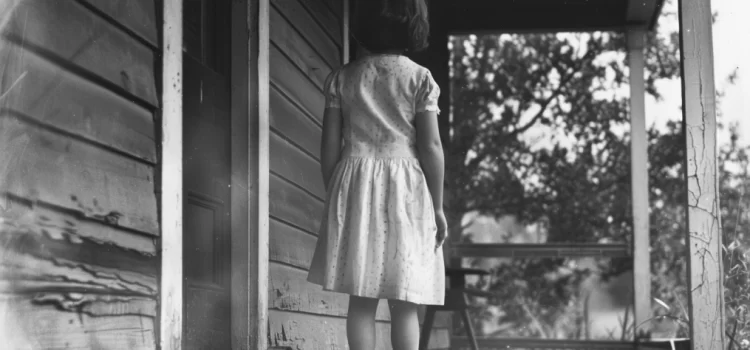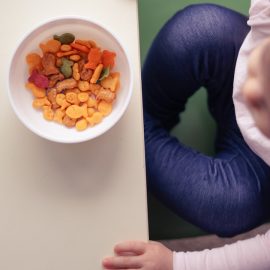
Have you ever wondered how childhood experiences shape a person’s future? What was wrong with Gertrude Baniszewski that put her on such a dark path?
In Torture Mom, Ryan Green explores the complex life of Gertrude Baniszewski. He lays out her tumultuous upbringing, unstable relationships, and the impact on her children. Her story reveals how early experiences can influence a person’s actions later in life.
Keep reading to uncover the shocking details of Gertrude’s story and its lasting consequences.
Gertrude Baniszewski’s Early Life
What was wrong with Gertrude Baniszewski? Her complex background and family ties offer a stark example of how early life experiences can profoundly shape an individual’s future.
Gertrude, or “Gert” as she was often called, was the third of six children in the Van Fossan family. While her father was affectionate towards her, she faced hostility from her mother and siblings from an early age. Unfortunately, Gertrude’s initially warm relationship with her father gradually soured, fueled by her mother’s negative feelings. During the Great Depression, financial hardships escalated tensions within the family, and Gertrude often became the target of her mother’s frustrations.
Gertrude’s personal life was marked by a series of tumultuous relationships. Her first marriage to John was riddled with conflict and violence, exacerbated by alcohol abuse. Subsequent marriages to Edward Guthrie and Dennis Wright were similarly unstable, with brief periods of calm punctuated by chaos. After separating from Edward Guthrie, Gertrude struggled to raise her children independently. John’s return initially seemed to bring a moment of peace, but it quickly devolved into a pattern of mistreatment and despair. Each miscarriage John experienced, coupled with bouts of depression, led to an escalation in his aggressive behavior.
Sadly, Gertrude’s chaotic love life often resulted in considerable distress for her children. They frequently felt trapped by their mother’s turbulent affairs, suffering neglect and enduring abuse within their own home. As Gertrude’s relationships became more unstable, her behavior towards her family grew increasingly erratic and severe.
In the end, Gertrude’s story serves as a sobering reminder of how childhood experiences and troubled relationships can have far-reaching consequences, affecting not only the individual but also future generations.






